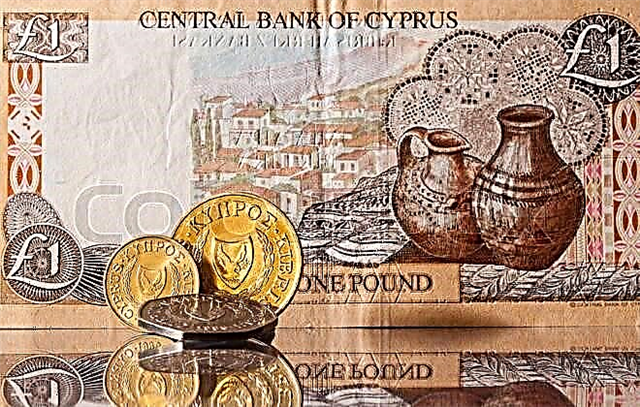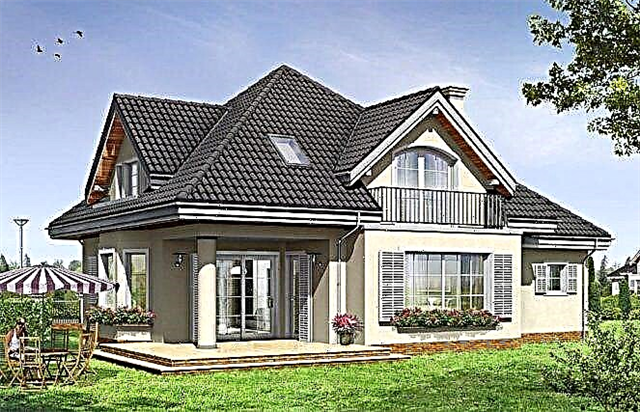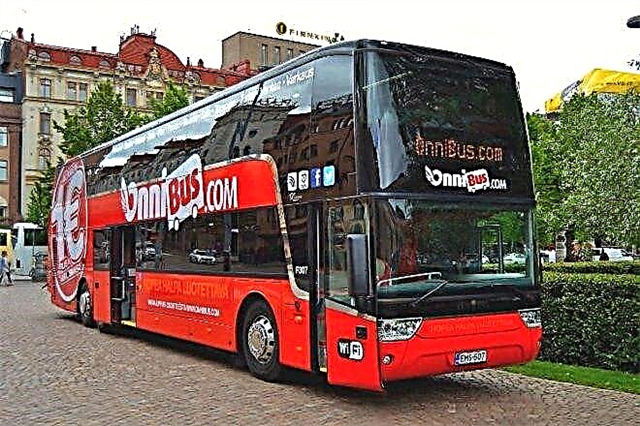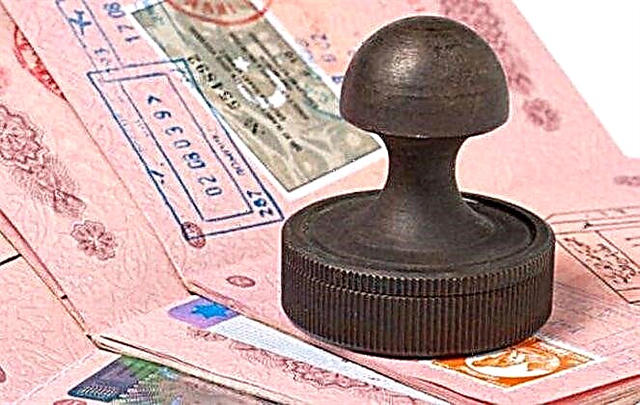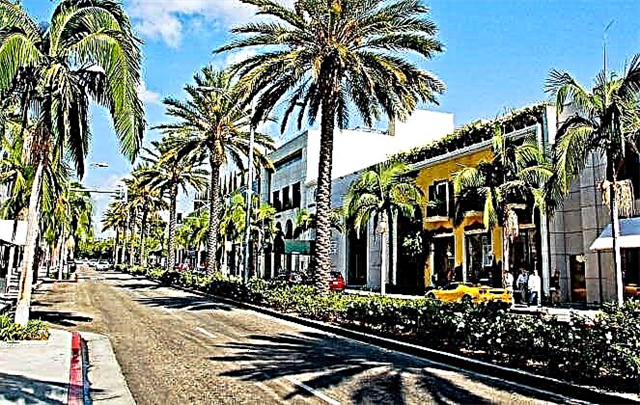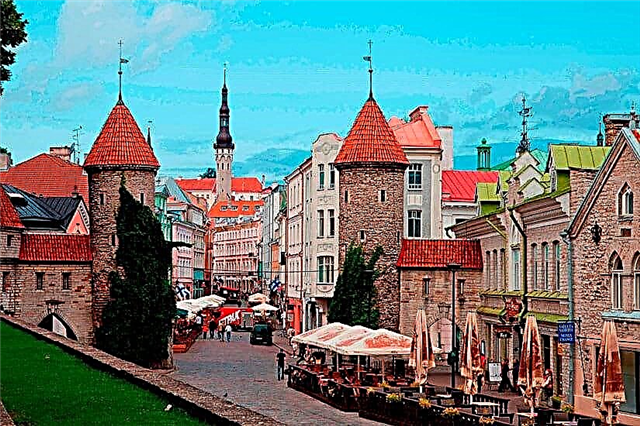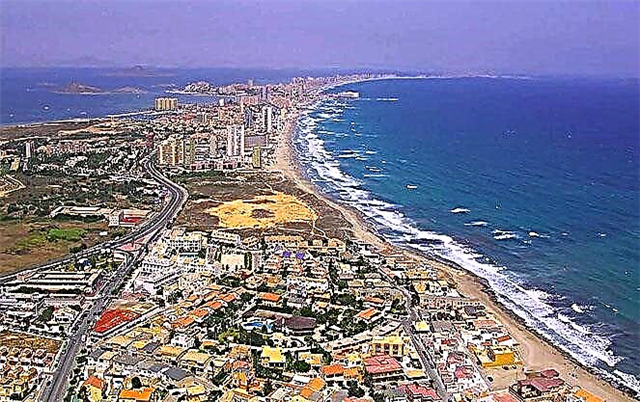The peculiarity of the Spanish real estate market is the presence of a special segment controlled by local financial institutions. These are confiscated and mortgaged real estate objects that were seized from non-payers as a debt repayment. The purchase of such housing is considered the most profitable investment of money. How to buy property from a bank in Spain, we will consider below.

What is Spanish mortgage property
As mentioned above, real estate from a bank is collateral, seized from debtors on loans to cover debt obligations. Where did such a segment come from on the market? The fact is that in the pre-crisis times the construction sector in the country developed at a rapid pace. Spanish housing was in demand, a large number of purchase and sale transactions were concluded every day, and many mortgage loans were issued.
The waves of the crisis that covered the European Union led to the collapse of financial markets, an increase in the number of unemployed citizens, which meant an increase in the number of defaulters on loans. As compensation for the losses incurred, banks began to seize collateral from borrowers and sell them at a reduced cost. Since there were many debtors, the number of seized objects contributed to the creation of an entire market segment.
Currently, not only apartments on the secondary market are put up for sale, but also new apartments, since many loans were issued for residential complexes under construction.
Most Spanish banks already have their own real estate department in the staffing table, which deals with the sale of the seized property.
The article “Buy real estate in Spain” will help you to study in detail the procedure for purchasing housing in this country and not only from banks.
Advantages and disadvantages of mortgaged real estate in Spain
Before purchasing mortgaged real estate, you should weigh all the pros and cons of such a transaction. Let's note the advantages of such a purchase:
- Reduced cost of objects. Such real estate is sold at a discount of 30-40% from the original price. Sometimes the discount reaches 80%.
- Financing by the majority of banks for the acquisition of mortgaged real estate, that is, the registration of a mortgage loan to the buyer. Due to this, the financial institution not only sells the arrested apartments, but also provides a full refund in case of non-payment, since the cost of such housing will increase significantly in a few years.
- Bargaining Possibility. Despite the fact that the seller is a credit organization, no one canceled the bargaining for cost reduction. It becomes possible to purchase housing at a low cost, even taking into account the need for repairs. As a rule, the initial prices that are published are slightly higher than those at which the bank is ready to sell the property.
It is important to be aware of the disadvantages of such an acquisition. An assessment of the existing disadvantages will allow you to decide whether it is worth getting involved with banking real estate at all. The negative aspects of the transaction include the following:
- Almost all bank real estate requires renovation, most often capital finishing. This is one of the reasons for the lowered cost of housing.
- Often, 100% financing of the purchase from the bank means an increase in the loan rate.
- Selling real estate in a mortgage, the bank is ready for a deal only on condition that the client obtains a loan within its walls, although the conditions in another credit institution may be more profitable.
- The new owner will have to answer for the existing debts on utility bills. When the subject of pledge is seized, all personal accounts must be canceled, but in practice this is not always the case.
- The ability to purchase real estate only while maintaining its legal status. For example, if it is an apartment, it can only be used as a living space. In order not to get into a mess, during the transaction, you should carefully study the terms of the purchase and sale agreement.
What you need to pay attention to

Before purchasing an apartment from a bank, it is recommended to find out:
- Does the technical condition of the premises comply with state standards?
- Is there a debt on utility bills.
- The quality of the provided utilities, existing problems with water supply, electricity, etc.
- Did the previous owner enter into disputes regarding the reconstruction or redevelopment of housing. If such disputes have taken place, it should be clarified whether they are completed, in whose favor. The fact is that when buying a living space, the new owner will have to deal with all the existing disagreements with government agencies.
Where to buy collateralized property
There are several ways to search for mortgaged real estate. First of all, you should contact the real estate agency directly or go to its website. However, in addition to agency portals in Spain, there are resources where there is no link to a specific real estate office. They show objects from metropolitan apartments to houses on the island of Gran Canaria. Also there are advertisements from individuals.
Among the popular sites are:
- www.idealista.com - there is the largest number of offers;
- www.fotocasa.es is the second most popular property search site;
- www.habitaclia.com - in demand among Catalans, as most of the ads presented are from Barcelona, Girona and Tarragona.
However, banking real estate cannot be found everywhere. To view all the offers of financial institutions, you should refer to the banks' websites. Here is some of them:
- Santander,
- Bancaria,
- BBVA,
- Banco Popular,
- IberCaja,
- LiberBank,
- LaCaixa,
- Cajamar,
- Bankia,
- Ваnkinter.
You can also contact the bank branch, where you can get advice on the mortgaged real estate objects available on the market.
Procedure for purchasing mortgaged real estate
The procedure for buying mortgaged real estate in Spain consists of the following steps:
- Search for a suitable object.
- Opening a bank account.
- Reservation of the selected apartment. Since the object must be removed from sale so that it is not considered by other buyers, a deposit of 5-10% of the cost of housing must be paid. This amount is not refundable upon decision to cancel the transaction.
- Conclusion of a preliminary sales and purchase agreement. The agreement serves as a guarantee that the transaction will take place within the framework of the agreements reached.
- Getting N.I.E. - identification number of a foreigner. No deal in Spain is possible without it. It is required not only to buy an apartment, but also to purchase a vehicle. You can get the number at the police station at the place of purchase of the property. The application for the assignment of N.I.E. is submitted in person, and a trustee can also receive the document. If the applicant is married, it is better to issue N.I.E. to both spouses at once. The registration procedure takes 2-14 days.
- When using borrowed funds, a mortgage is issued.
- In the absence of a loan, you can immediately proceed with the notarization of the transaction. The notary prepares the sales contract and checks the legal purity of the object. This usually takes 1-3 days, but when buying a property under construction, the term can be increased.
- The signing of the bill of sale. The parties to the transaction are the buyer and the bank as the seller. Everything should take place in the presence of a notary. If the purchase is made using your own funds, full payment occurs at this stage. The deal is closed in euros.
- Registration in the register of real estate. This must be done within the first month after purchase. To register you need:
- apply to the Spanish Property Register (Registro de Propiedad);
- fill out a special form;
- pay the fee for the registration actions (about 2% of the value of the property);
- submit a receipt of payment to the Registro de Propiedad.
The process takes about an hour. After that, within a month, the owner of the property is issued a Nota Simple - a document confirming the ownership.
The procedure for buying a commercial real estate object is somewhat different. You can read more about it in the article "Commercial real estate in Spain".
Package of documents

At each stage of the transaction, a certain set of documents will be required. So, to get N.I.E you need:
- a questionnaire completed in duplicate (issued by the police);
- two photographs measuring 3 x 4 cm;
- copies of all pages of the foreign passport (a valid visa is required);
- a copy of the preliminary sales contract;
- a document confirming the payment of the security deposit;
- bank certificate on the presence of a current account, which stores funds for the purchase.
The notary will need:
- buyer's passport;
- I.E of the buyer;
- preliminary agreement;
- bank details as a seller.
When applying to the Spanish Property Register, you must submit:
- passport;
- signed sales contract;
- an application that can be issued on the spot;
- tax receipt.
When registering a mortgage, the package of documents will be larger.
Real estate prices
The prices for secured housing depend on a number of factors: whether the house is located on the coast, whether the infrastructure is developed, whether the object is suitable for living. In addition, the region of location is taken into account. As a rule, there are not many collateralized real estate in tourist areas and it is more expensive.
For example, the average cost of a one-room apartment in Tenerife is € 210,000, a three-room apartment is € 390,000. In Barcelona, a 1-room apartment will cost € 110,000 on average, a 2-room apartment - € 138,000, a 3-room apartment - € 192,000. Madrid housing similar in area (35-40 m2) costs € 100,000, 120,000 and 180,000, respectively. Torrevieja is considered one of the most inexpensive Spanish districts. There, such apartments will cost € 65,000, 75,000 and 90,000.
In the resort town of Palma de Mallorca, the cost of a 1-room apartment will average € 115,000, a 2-room apartment - € 180,000. A villa will have to pay about € 1 million. Expensive real estate in Ibiza. For example, a 3-room apartment will cost an average of 750-800 thousand.
But the resort town of Alicante offers quite sparing prices. One-room housing can be purchased here for 120,000, and two-room apartments - for 140-150,000. You can study in detail the options for buying a home in Spanish resorts by reading the article "Real estate in Spain by the sea."
Real estate taxes in Spain
It should be borne in mind that the acquisition of Spanish real estate is accompanied by the payment of taxes. This applies to residents of the country and foreigners. Moreover, both parties to the transaction transfer fees to the state treasury - both the buyer and the seller. Collateralized real estate was no exception.
First of all, the buyer must pay VAT, but this only applies to the acquisition of new objects. The tax rate is currently 10%.
When buying a home on the secondary market, the buyer pays a tax on the transfer of ownership. This must be done within a month after the signing of the deed, otherwise the property will not be registered in the Property Register.
In 2021, the tax rate varies from 6 to 10% and depends on the region.
The seller is obliged to pay personal income tax and land gains tax. The topic is covered in more detail in the article "Property tax in Spain".
Sale of Spanish mortgaged real estate
An important stage in the sale of property is to determine the market value of the object. For this, the seller orders and pays for a professional appraisal of an apartment, apartment or villa. Then you can start activities to find a potential buyer.
Only the direct owner or a trustee has the right to sell real estate. The power of attorney for the transaction must be certified by a notary.

After a buyer is found, a preliminary sales contract and a deposit agreement are drawn up. The sale of property on which there is an encumbrance is impossible, it must be removed. You will find more useful information in the publication “How to Sell Property in Spain”.
FAQ
Is it true that mortgaged real estate in Spain requires major repairs?
Of course, this cannot be said about all objects, but most of the apartments and houses that belong to ordinary citizens are in a deplorable state. This is one of the reasons for the decline in market value. For example, in the resort of Blanes, you can buy a two-bedroom apartment for € 130,000, while housing in excellent condition will cost € 250,000.
Can I get a residence permit when buying real estate?
This issue worries many foreigners, because a residence permit is the first step towards obtaining a permanent residence permit in Spain. The answer is yes, but a residence permit can be obtained only when buying real estate worth half a million euros. At the same time, not only the owner, but also his family will have the right to temporary residence.
Is it possible to bargain with the bank when buying a mortgage apartment?
Reducing property prices by agreement is possible. Initially, the financial institution inflates the value just for bargaining. In addition, the bank is interested in the quick sale of the object. The persistence of the buyer will allow him to purchase housing, for example, in Benidorm, that is, on the first sea line, for less than € 200 thousand.
Conclusions
Over the past few years, the sale of mortgaged apartments has become a separate segment of the real estate market. Many banks have introduced real estate structures into their state, because the demand for such property is extremely high, especially among foreigners. Who doesn't want to buy a house somewhere in Valencia with a 30-40% discount from the price?
Buying collateral is not an easy, but quite doable task. The main thing is the availability of the required amount and time for the procedure.


